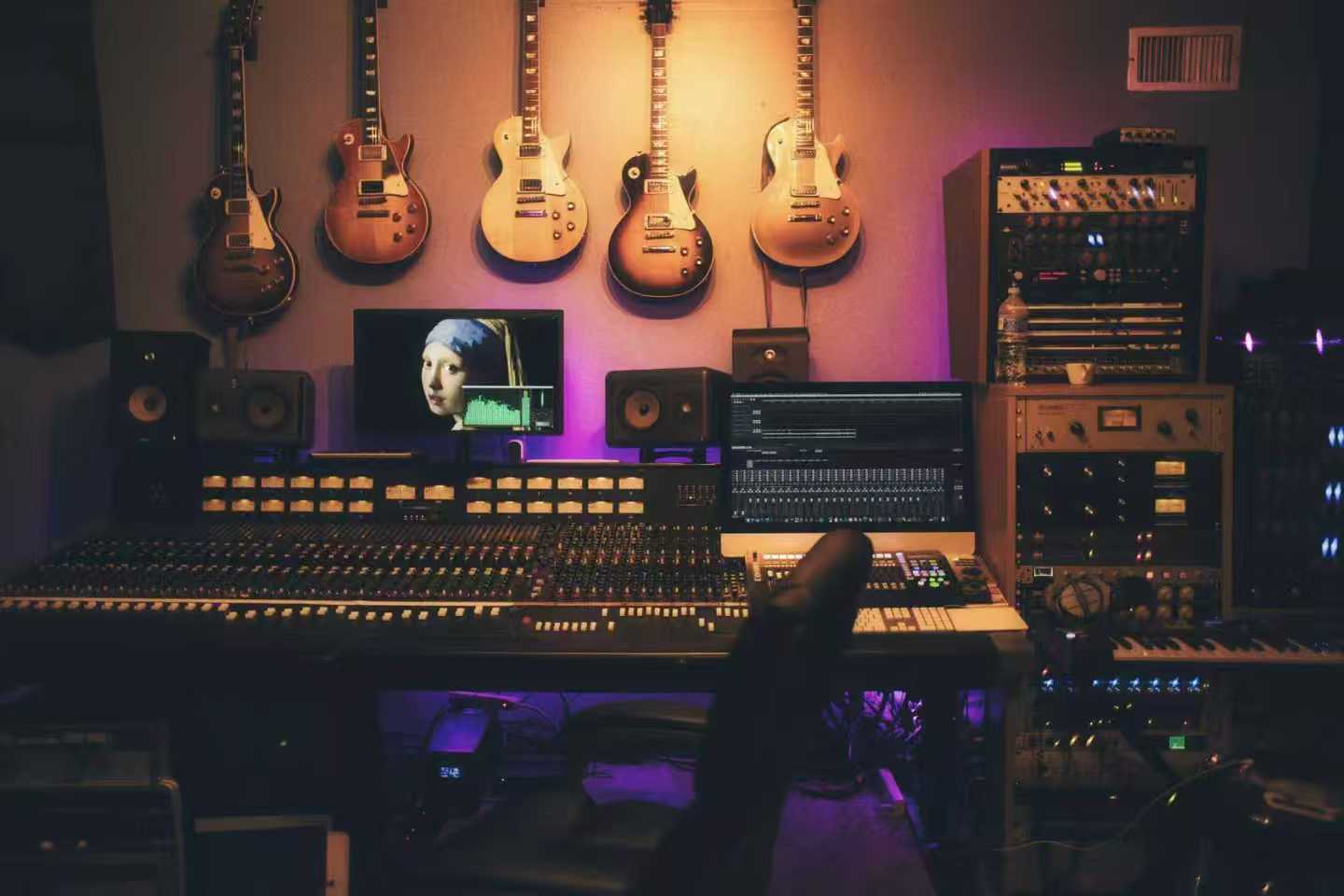Music: From Legal Liability to Strategic Asset
For restaurants, bars, and hotels, music has always shaped the guest experience. But in 2025, it is increasingly shaping the bottom line as well—both positively and negatively. On one hand, the wrong approach to music streaming exposes operators to lawsuits and fines. On the other, new music licensing platforms are turning soundtracks into powerful business tools that enhance loyalty and revenue.
The National Restaurant Association reports members spend an average of $4,500 annually on licensing fees to multiple performing rights organizations (PROs). For restaurants already operating at thin 3–5% margins, that figure eats up nearly 0.5% of annual profits—a painful reality when many of the licensed songs never even get played.
This dilemma highlights a growing tension in hospitality: music is indispensable, yet legacy licensing is inefficient, expensive, and legally risky.
The Compliance Challenge: Why Consumer Playlists Don’t Cut It
A common mistake in the industry is assuming personal streaming apps can be used in commercial spaces. In reality, businesses must secure public performance licenses from every PRO that owns rights to the music being played. With the number of PROs in the U.S. growing from three to five in recent years, compliance has become even more complicated.
Failing to comply leaves businesses vulnerable to fines and legal disputes—risks that can be devastating for smaller operators. In contrast, purpose-built music-for-business platforms consolidate PRO licensing into one affordable, transparent subscription—often less than $500 a year.
The benefits extend beyond cost savings: automation ensures royalties are fairly distributed, while operators avoid surprise audits and compliance headaches.
Why Music Still Matters More Than Ever
Despite its challenges, music remains one of the most effective levers for hospitality success. Studies show that 72% of hotel guests and 96% of bar patrons notice the music. When the soundtrack matches the brand identity, results are measurable:
·Hotels: Dwell time can increase by 40%
·Bars: Sales can rise by 30%
·Restaurants: Brand-fit playlists deliver an average 9.1% sales lift compared to random playlists
Music doesn’t just fill silence—it reinforces a brand’s emotional identity as much as lighting, decor, or scent. A tiki bar playing hard rock feels dissonant; the right playlist creates resonance, loyalty, and repeat business.
Smarter Platforms: Tailored Soundtracks for Every Space
Modern music tech platforms do far more than keep businesses compliant. They allow operators to create dynamic, brand-fit soundscapes across multiple zones:
·Multi-zone curation: Different playlists for lobbies, gyms, spas, and rooftops
·Day-part scheduling: Adjust soundtracks based on time of day, traffic patterns, or even drink specials
·Centralized control: Headquarters can manage music strategies across regional or global locations while preserving local flexibility
·Synchronized experiences: Global brands can play the same track at the same time in every property, reinforcing identity across markets
These features turn music into a measurable business strategy rather than a background afterthought.
Editor’s Take: A Turning Point for Hospitality
The shift toward affordable, compliant music streaming is more than a cost-saving measure—it signals a larger transformation in hospitality. Three key trends stand out:
1、From risk management to value creation – Music is evolving from a legal liability to a measurable revenue driver.
2、From generic playlists to brand identity – Operators increasingly recognize music as central to customer experience and loyalty.
3、From fragmented licenses to tech-enabled platforms – Automation and consolidation are reshaping how royalties and compliance are managed.
For hospitality leaders, the choice is clear: continue with outdated, costly licensing models, or embrace technology-driven platforms that deliver compliance, savings, and guest satisfaction.
Silence isn’t the solution—and neither is sticking with legacy licensing. The future of hospitality sound is smart, strategic, and scalable.
This article references data and reporting from[Hospitalitytech].
